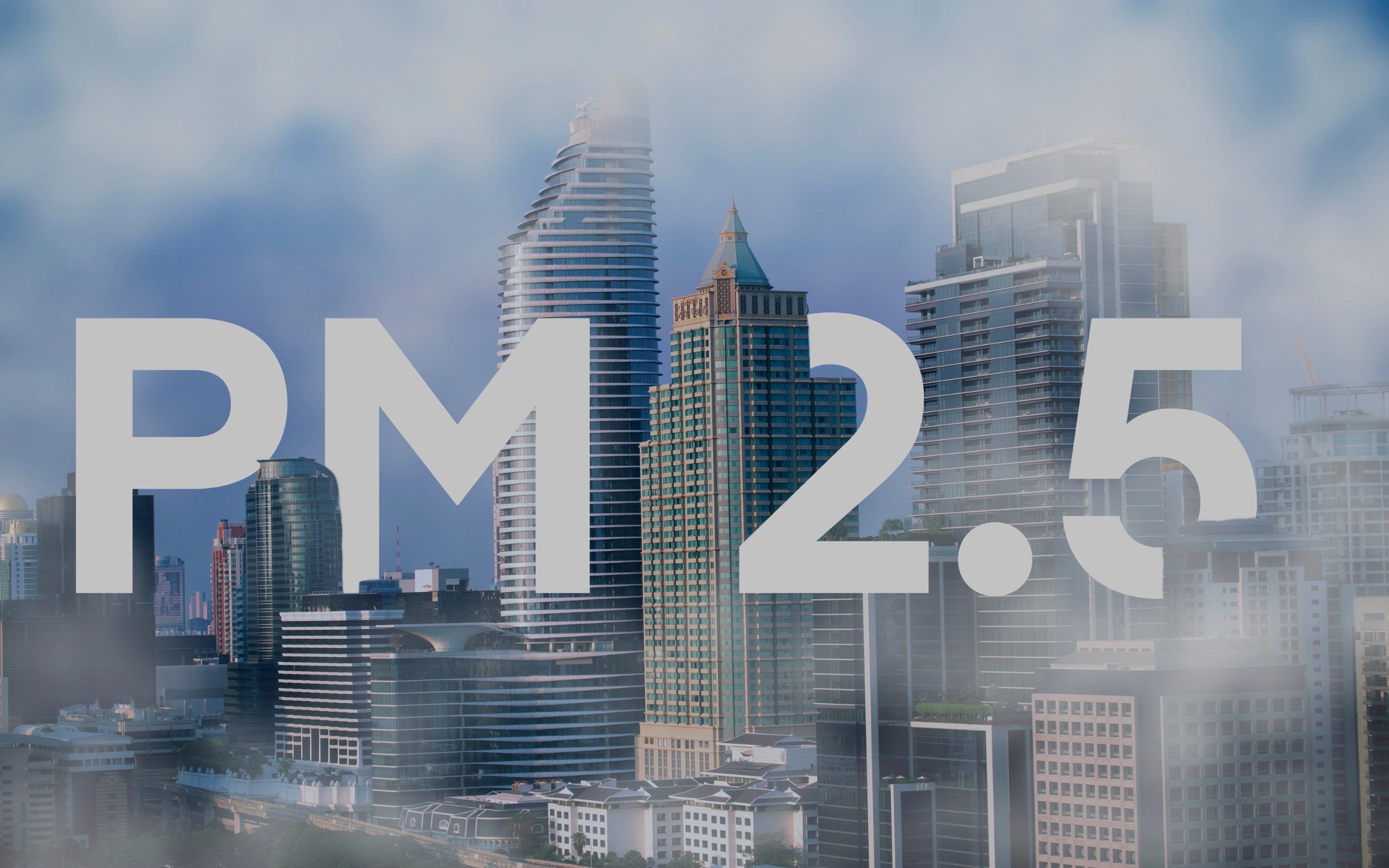7 hidden health threats every expat man in Thailand needs to know

Living as an expat in Thailand surely offers a vibrant lifestyle, but certain health risks may catch you off guard. While Thailand has a solid healthcare system, it’s important to stay aware of potential threats that could affect your well-being. Here are seven hidden health issues expat men in Thailand should watch out for, and tips on how to manage them.
1. Dehydration and heat stroke
Thailand’s tropical climate is hot and humid almost year-round. For older men, especially those not familiarised with the heat, dehydration and heat stroke are real dangers. According to the American Journal of Clinical Nutrition, older adults tend to dehydrate because their sense of thirst diminishes with age.
It’s important to drink enough water throughout the day, especially if you’re spending time outdoors. Aim for at least 2.5 to 3 litres daily, and avoid excessive alcohol or caffeinated drinks, which can increase fluid loss. Keeping electrolyte drinks on hand is also helpful to replace lost minerals during long periods in the heat.
2. Air pollution and respiratory issues
Air pollution is an often overlooked health threat in major Thai cities, especially during the burning season, which typically runs from February to April. Chiang Mai, Bangkok, and other urban areas can experience dangerously high levels of PM2.5, fine particles that can enter your lungs and bloodstream. Long-term exposure to air pollution has been linked to respiratory conditions like asthma, chronic bronchitis, and even lung cancer.
After a brief improvement in air quality in recent years, pollution levels have started to rise again, making it crucial to stay alert.
A study in the British Medical Journal found that older adults exposed to high pollution levels face an increased risk of cardiovascular and respiratory diseases. To reduce your risk, try to limit outdoor activities during times of heavy pollution, check air quality reports regularly, and consider investing in an air purifier for your home.

3. Foodborne illnesses
Thailand is famous for its delicious street food, but it can pose risks to those with sensitive stomachs. Older adults, in particular, may have weaker immune systems, making them more susceptible to foodborne illnesses like E. coli, salmonella, and hepatitis A. These infections can cause severe dehydration, fever, and even hospitalisation if not treated promptly.
To reduce the risk of food poisoning, opt for freshly cooked meals from vendors with high turnover. Avoid raw or undercooked foods and ensure you’re drinking bottled or filtered water to steer clear of waterborne bacteria. If you experience symptoms like prolonged diarrhoea, vomiting, or fever, see a doctor immediately.
4. Dengue fever
Dengue fever is a mosquito-borne illness common in tropical regions, including Thailand. While anyone can catch it, older adults may face more severe complications, including dengue haemorrhagic fever, which can lead to organ failure or shock. According to the World Health Organisation (WHO), about 500,000 people require hospitalisation for severe dengue each year, with a higher risk for people over 60.
To avoid dengue, use insect repellents, wear long sleeves, and clear standing water where mosquitoes breed. If you experience symptoms like high fever, severe headache, or joint pain, consult a doctor immediately. Comprehensive health insurance, such as Cigna’s, also covers both preventive care and the necessary treatments for mosquito-borne illnesses.
- Coverage for preventive care and routine screenings
- Access to top hospitals in Thailand
5. Cardiovascular disease
Heart disease remains one of the leading causes of death worldwide, and expats in Thailand are no exception. Sedentary lifestyles, combined with indulgence in rich Thai cuisine, can contribute to conditions like high blood pressure, high cholesterol, and heart disease. In Thailand, fast food and high-sodium dishes are common, which can contribute to cardiovascular problems.
The American Heart Association recommends that men over 50 have regular check-ups to monitor blood pressure, cholesterol, and blood sugar levels. Maintaining a balanced diet rich in fruits, vegetables, and whole grains, alongside regular exercise, can go a long way in keeping your heart healthy.

6. Diabetes
Type 2 diabetes is another silent health threat that affects many older men in Thailand. The International Diabetes Federation reported that Southeast Asia has one of the highest rates of diabetes globally, partly due to dietary habits and sedentary lifestyles. Diabetes can lead to severe complications, including kidney failure, vision loss, and heart disease if left untreated.
To manage your risk, keep an eye on your sugar intake, particularly from sugary drinks and desserts that are common in Thai cuisine. Regular physical activity and maintaining a healthy weight can reduce the likelihood of developing diabetes. If you’re over 45, it’s wise to get regular blood sugar checks, especially if you have a family history of the disease.
7. Prostate health
Prostate issues are a common concern for older men, with conditions like benign prostatic hyperplasia (BPH) and prostate cancer becoming more likely with age. Prostate cancer, in particular, is one of the most common cancers among men, with 1 in 9 men diagnosed during their lifetime, according to the American Cancer Society. For expats living in Thailand, it can be easy to overlook routine screenings, but regular prostate exams are essential for early detection.
If you’re over 50, it’s recommended to have your prostate checked annually. Symptoms like frequent urination, trouble starting urination, or blood in the urine shouldn’t be ignored. Early detection and treatment significantly improve outcomes.

Protect yourself from hidden health threats
While Thailand offers a fantastic lifestyle for expats, these hidden health threats are real concerns for older men. Staying informed and proactive can help you avoid serious health issues and enjoy your time in Thailand with peace of mind. Whether it’s staying hydrated, managing your diet, or getting routine screenings, small changes can make a big difference.
Don’t overlook the importance of preventive care. Health insurance plans like Cigna provide comprehensive coverage that includes preventive screenings, check-ups, and treatments for chronic conditions. This coverage ensures you’re protected from unexpected health costs and allows you to focus on enjoying life in Thailand without worry.
Select your primary health concern
Preventive Care & Routine Screenings
Health concern: Prostate health, diabetes monitoring, cardiovascular disease.
Recommended plan: Silver plan
- Includes core benefits like international inpatient and day-patient cover.
- Access to preventive screenings for early detection of chronic diseases.
- Optional wellness modules for vision, dental, and health & wellbeing support.
Best for: Expats who want basic coverage that focuses on maintaining good health through regular check-ups.
Emergency medical support
Health concern: Dengue fever, dehydration, heat stroke, respiratory issues due to air pollution.
Recommended plan: Gold plan
- Comprehensive coverage with higher annual limits, including emergency hospital stays and treatments.
- Coverage for outpatient services and crisis assistance (e.g., evacuation services).
- Additional benefits such as maternity care, health & wellbeing modules, and vision and dental.
Best for: Expats who want peace of mind with extended emergency support and enhanced health coverage.
If you’re looking for Cigna-covered hospitals in Thailand, our comprehensive guide to Cigna’s partner hospitals has all the details.
Comprehensive coverage & chronic condition management
Health concern: Long-term conditions like cardiovascular disease and diabetes, requiring ongoing monitoring and care.
Recommended plan: Platinum plan
- Highest level of coverage offering unlimited annual benefits, with most treatments and services paid in full.
- Full coverage for chronic condition management, including advanced inpatient and outpatient care.
- Includes all additional modules for evacuation, health & wellbeing, vision, and dental services.
Best for: Expats who need full, worry-free coverage for comprehensive health management and international flexibility.
- Comprehensive coverage for chronic conditions
- Flexible local and international coverage options
In the end, staying healthy is all about balance. Being aware of these hidden health risks, adjusting your lifestyle, and having the right health insurance plan can help you live a long and fulfilling life as an expat in Thailand.
Latest Thailand News
Follow The Thaiger on Google News:


























